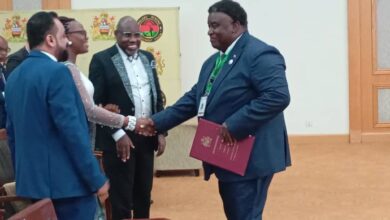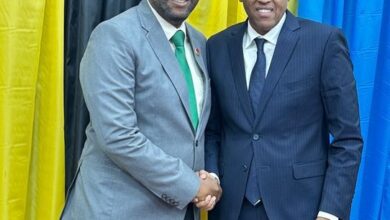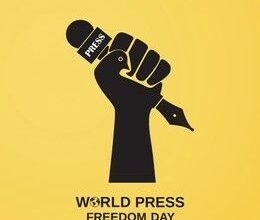Columns
Understanding the Conflict Between the Malawi Government and Opposition Critics: The Case of Bon Kalindo and Strategies for Civil Resistance
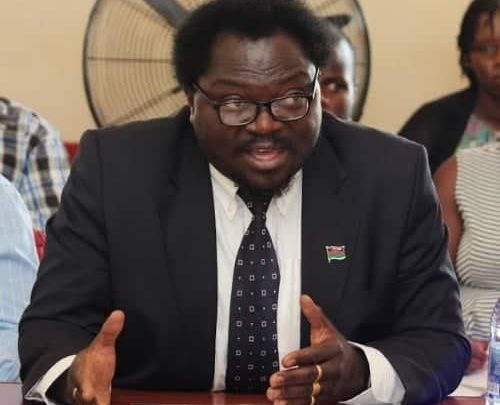
By Burnett Munthali
In recent times, Malawi has witnessed a contentious relationship between the government and opposition figures, notably including activist and politician Bon Kalindo. This article delves into the reasons behind the conflict, explores the implications for democratic governance, and suggests ways in which Malawians can effectively respond to government actions.
Bon Kalindo, a prominent opposition figure and Member of Parliament, has been vocal in criticizing the Malawi government on various issues, including governance failures, corruption allegations, and human rights concerns. His outspokenness has made him a target of government scrutiny and legal actions, highlighting broader tensions between authorities and dissenting voices.
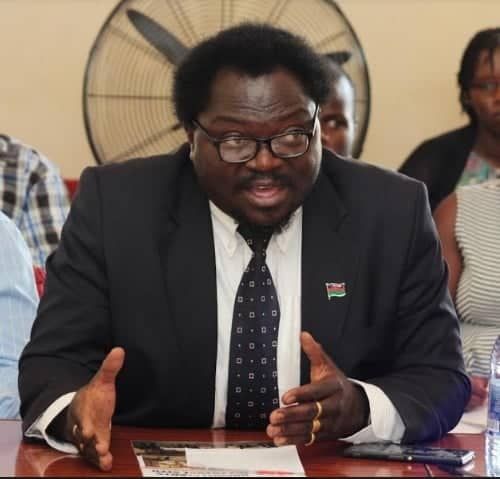
Reasons for Government-Critic Conflict
Firstly, Criticism from figures like Bon Kalindo threatens the government’s authority and challenges its policies and practices, prompting defensive reactions. Allegations of electoral malpractice or dissatisfaction with governance can intensify government-critic friction, especially in a politically charged environment.
Secondly, Critics like Kalindo often highlight issues of corruption and mismanagement, exposing vulnerabilities within the government and prompting defensive responses. Demands for transparency in resource allocation and decision-making processes can lead to government pushback to maintain control.
Thirdly, Criticism from opposition figures may amplify public discontent, posing a perceived threat to social stability and prompting government efforts to suppress dissent. Governments might justify restrictive actions against critics, citing concerns over national security or stability.
Strategies for Civil Resistance and Empowerment
Firstly, Providing legal aid and representation to activists facing charges or harassment ensures their rights are protected and challenges government overreach. Advocating for legislative reforms to safeguard freedom of expression, strengthen judicial independence, and enhance accountability mechanisms.
Secondly, Organizing peaceful demonstrations and protests to demand justice, accountability, and respect for human rights can mobilize public support and pressure the government. Engaging local communities through grassroots campaigns, civic education, and dialogue sessions fosters solidarity and strengthens collective resilience.
Thirdly, Collaborating with international human rights organizations, diplomatic missions, and regional bodies to raise awareness, advocate for human rights, and pressure the government to uphold democratic principles. Calling for targeted sanctions against officials involved in repression and advocating for accountability mechanisms to address human rights abuses.
In conclusion, the conflict between the Malawi government and opposition figures like Bon Kalindo underscores broader challenges to democratic governance, freedom of expression, and human rights in the country. By employing strategic legal defense, mobilizing public support through peaceful resistance, and engaging international advocacy, Malawians can effectively resist government repression, promote accountability, and uphold democratic values. Empowering civil society and protecting dissenting voices are essential steps towards fostering inclusive governance and advancing social justice in Malawi.



